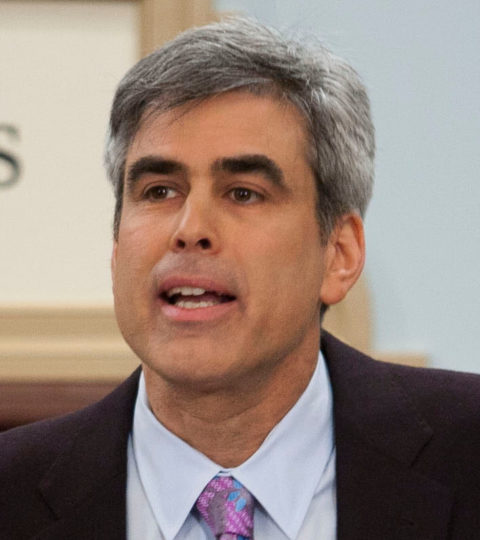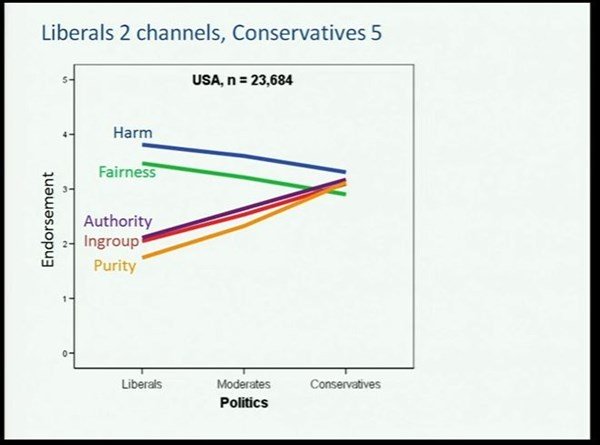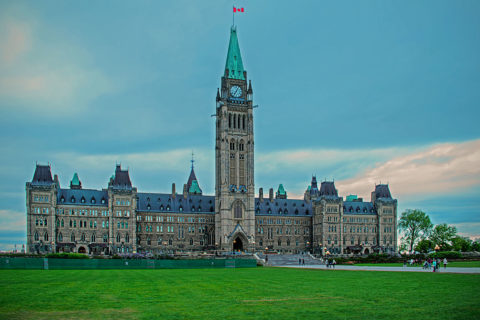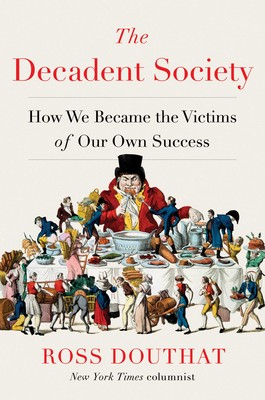Sarah Hoyt says she really didn’t want to write this post, and I completely understand why she feels that way:
The next American Civil War will be fought in a lot of places, in sudden flare ups and unexpected bursts of rage. But where most casualties will occur is in the home.
America’s civil war will be fougnt many places, but mostly in living rooms: siblings against each other, parents against children, children against parents, husband against wife, wife against husband.
If you live with a convinced leftist, how safe is your life, should the balloon go up?
And before you say “The first civil war was also between brothers!”
Sure, it was. There were mixed families. Mostly upper crust mixed families. But the war was largely a regional war, the country riven on regional lines.
Now? Bah. Now it’s a war of ideology. A war of beliefs.
And a lot of people are sleeping with the enemy, hanging out on weekends with the enemy. Visiting the enemy. Having lunch with the enemy.
At this moment a lot of you are sitting back there and going “My wife/husband/elementary school friend is not an enemy. Sure, he/she/it drank the Marxist koolaid from a hose but in every day life, in our normal interactions, in non-political things, we are very close, the best of friends.”
And maybe you are. Maybe you can trust them with your life.
But I will remind you we live in a nation where the capital is surrounded with razor wire to defend themselves from people who voted for the guy. I will remind you there are troops occupying our capital and that our secret services have so far been corrupted they keep inventing internet conspiracies (or probably referring to their very own black ops) to justify it.
I will remind you that your favorite progressive has allowed himself to be moved from “strong welfare net” to “we need full on communism, with favored races” within the last 12 years (or was indoctrinated into that state in schools.) I will remind you — and the conversations related back to me don’t help me think otherwise — that your favorite leftist thinks you’re racist/homophobic/evil. NO MATTER HOW MANY indications to the contrary.
And I can hear you sniffling: “But I love him/her/it/fuzzy.” Well, yes, and ten years ago that would have been me. I had very good friends I just classed as political idiots. I don’t wish the last 10 years on anyone, but at least they’re not living with me, 90% of them don’t know where I live. And I’ll be out of here in hopefully no more than 4 but maybe ten months, and maybe we have that long. Also, most of my close friends/acquaintances aren’t likely to cause any damage, being … not the type. On the other hand two dozen of them (easy) are friends with people who WILL.
Now to be clear: do I expect all of you in mixed political families to be in danger?
No. Any number of your spouses, relatives and friends are leftist because that’s “what good people are.” And they will turn on a dime, too, if half the crap about what the left has been doing for the last couple of decades comes out unvarnished and unspun. (The left knows it too. They’re perhaps more scared of these people than they are of us.)
Others are leftist and might hate your guts if things go hot, but simply don’t have it in them to hurt anyone. These are the “slippery” ones, because if you had asked me, even two years ago, if the media and the left (BIRM) could spin these people into wishing death on someone for not wearing a mask, when the person is not sick; there’s no proof of asymptomatic transmission (there’s reports from China but NOWHERE ELSE); and the actual disease (it’s not hard to find) might be a little more lethal than the flu but only at ages past about 80, I’d have said “no. They’re politically insane, but not stupid.” However they are “group oriented.” Turns out the type of gaslighting we’ve been enduring works really well on people who live for others’ opinions. (Which explains whey Southern Europe is still mired in the fricking crazy. Uniformly. And why women in general are more susceptible to the completely irrational gaslighting than men.) And they already believe a bunch of crazy crap. The reason that they think QANON is right main stream, it’s because it’s the mirror image of their actual main stream.
Are you sure they’ll remain inoffensive if the ballon goes up and the gaslighting switches to “If you know a Trump voter, he/she is dangerous?” How about “Turn them in, so they can be sent somewhere nice for their own protection?”
Look, guys, I hope none of this is ever needed. I still have friends on the other side, I’m just not in touch and we work on the very long finger. And there are people I no longer consider friends but whom I like very much who are buying into the entire insane bull excreta of “attempted coup” and evil “white nationalists.”
But like Peter Grant, I think we’re way past the ballot box, and just waiting for a precipitating incident.
I desperately hope she’s wrong about this, because an actual shooting war in the United States would be a disaster for western civilization.
Update: It’s apparently time to Immanentize the Eschaton!
I’m of the firm opinion that the Progressive Left believed that once Obama won his second term they were set. The eschaton night not be immanent, but it was imminent. Hillary was going to be another “great leap forward” towards the heaven on Earth promised by Karl Marx. […]
“Politics” it is said, “is the art of compromise.” “War,” said von Clausewitz, “is politics by other means.” I have repeated and repeated the observation that has made itself manifest in the nearly 18 years I’ve been writing this blog: Charles Krauthammer noted in 2002 that “To understand the workings of American politics you have to understand this fundamental law: Conservatives think liberals are stupid. Liberals think conservatives are evil.”
You don’t debate with evil. You don’t negotiate with evil. You don’t compromise with evil. You don’t tolerate evil. You DESTROY evil. You pat it on the head until you can find a rock big enough to bash its skull in.
And control of the culture, education, and the government makes for a big damned rock.
Here’s the tinfoil yarmulke part of this essay: The preparations are underway. When debate and compromise are no longer possible, then force is the only thing left. They know it, and they’re projecting it on their enemy, us.
The Progressive Left has created and exercised its Sturmabteilung (yes, I know I risk Godwinization, and they loathe such comparisons, but this one’s apt. Their outfits are black instead of brown, but the actions are the same.) They’ve been set loose in the Pacific Northwest and some other cities and have been allowed to riot, commit arson, loot and occasionally murder with little to no legal consequence (violence, after all, being free speech you know.) Andy Ngo has studied Antifa, itself with roots in radical Socialism, in depth, and says that they are preparing for war, generously supported by the more mainstream Progressive Left. Black Lives Matter, an organization founded by two open Marxists, is also part of the preparations, but these are in my opinion just the Progressive Left’s “useful idiot” shock troops – the first to go against the wall after the Revolution.














